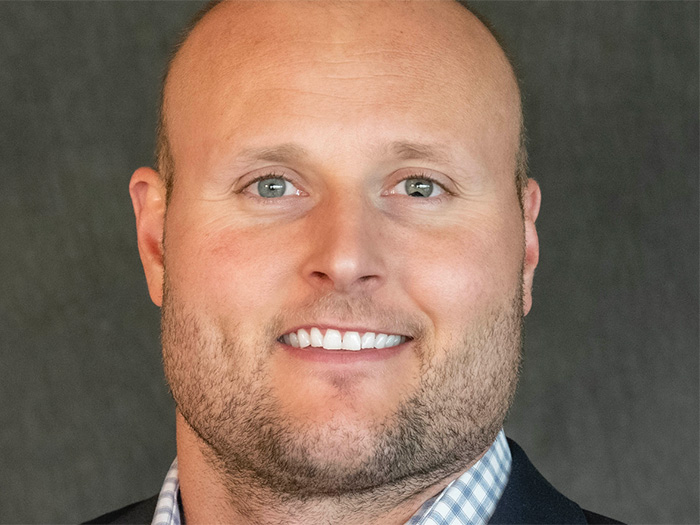Column: Risk Management
Hopemongering To Manage Risk
I read a book on behavioral risk management a few years back. It discussed human psychology and how as humans we yearn for risk but we also yearn to avert risk when we make decisions.
When we make a decision a lot happens in our mind. We tussle with and negotiate deals with ourselves using basic needs as currency — innate needs like feeling security, potential and aspiration.
We need to feel secure and stable to alleviate fear. We also conversely have a need for potential to meet our need for hope, thrill and variation. Simply put, we need to feel certainty, but uncertainty too. We need low risk and the thrill of high risk to feel alive. We need to feel fear as well as hope.
Anyone who stokes a fear-fire or plays mind games to exploit fear for personal or political gain is no leader at all, but is only leading us down a path toward an unhealthily, unsustainable disequilibrium in our lives.
Just play in your mind how it would feel to bet a crisp $1,000 bill on black on the roulette table. Feeling sick or thrilled by it, or both?
We humans are a real paradox. To achieve quality of life, we can never only do things that prove always safe to alleviate fear. Doing the same low-risk, low-fear things every day would ultimately make one listless, bored, unsatisfied — somewhat dead.
Fear is an essential protective feeling used to recognize imminent danger so that we can confront or flee, our fight or flight response.
But with feelings of prolonged fear however, we can become consumed by it, paralyzed, frozen. We can start seeing things that are not there. We can start fostering a false sense of reality. Fear like this can become contagious and can spread in our mind like a wildfire. I often think of this mnemonic acronym: F.E.A.R. — False Evidence Appearing Real.
With the ’round the clock news coverage of acts of terror and mass killings, it feels as though fear levels are rising. I am concerned about the effects of this prolonged fear. What is worse, I see this fear being exploited by some very public figures.
Anyone who stokes a fear-fire or plays mind games to exploit fear for personal or political gain is no leader at all, but is only leading us down a path toward an unhealthily, unsustainable disequilibrium in our lives.
Anyone who deliberately promotes fear should be considered a dangerous offender, stealing crucial quality of life. We need leaders who de-escalate fear and try to prevent a disastrous fear inferno.
Risk managing fear involves active hope management. After putting in place reasonable safeguards against real and imminent dangers, we must also be inspired to tap into our individual resolve. We need to quash this excess fear to regain a vital balance. It is a matter of survival.
Hopemongering is not just a new urban term used for “someone who preaches optimism and hope for the world.” It is not just a nice creed and ideology. It is a very powerful risk management technique required for our very survival and fulfillment of life.
Knowing this, as Nelson Mandela said, “may your choices reflect your hopes, not your fears.” &










